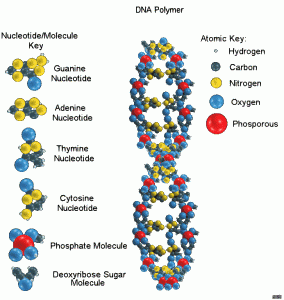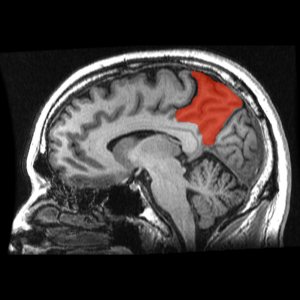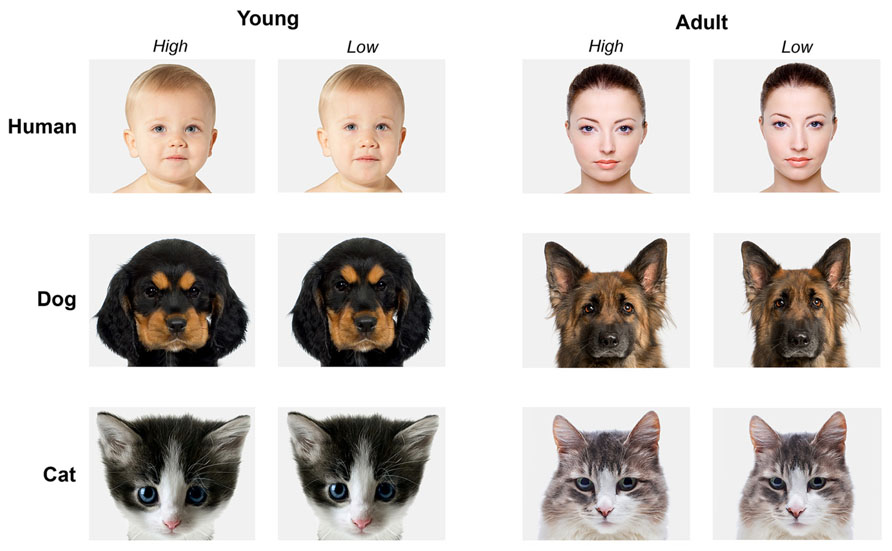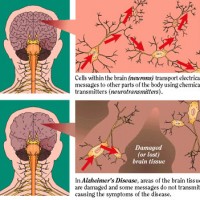Scientific Advisory Board
Thomas Zoëga Ramsøy, PhD is Senior Researcher and heading the Decision Neuroscience Research Group, a collaboration between the Copenhagen Business School and the Danish Research Centre for Magnetic Resonance. Ramsøy was originally trained as a clinical neuropsychologist and worked with clinical assessment of neurological bases for disorders of the mind, but with a keen interest in basic questions of consciousness and cognitive science. Since acquiring the skills of neuroimaging through his PhD, his work has focused on different aspects of the neural bases of perception, emotion and consciousness.
Besides this, Thomas has a keen interest in the ethical aspects of his research. Well aware that the work he represents can be used to sway consumers, his own team heads research in which interventions are sought to improve decision making in both healthy subjects and mental disorders.
___________________________________
Nicole Gage, PhD is Assistant Researcher and Director, Cognitive Neuroscience of Language Lab. Nicole is a membr of the Acoustical Society of America, Cognitive Neuroscience Society, International Society for Autism Research, Sigma Xi, The Scientific Research Society, and the Society for Neuroscience.
Nicole is also reviewer for Journal of Cognitive Neuroscience, Neuroscience Letters, Journal of Autism and Developmental Disorders, Brain Research, Cognitive Brain Research, Clinical Neurophysiology and Grant Reviewer, National Alliance for Autism Research.
___________________________________
Stuart Firestein, PhD is the Chair of Columbia University’s Department of Biological Sciences where his highly popular course on ignorance invites working scientists to come talk to students each week about what they don’t know. His colleagues and he study the vertebrate olfactory system, possibly the best chemical detector on the face of the planet.
His laboratory seeks to answer that fundamental human question: How do I smell?
“My laboratory investigates the sense of smell, olfaction. We take a wide ranging approach beginning with the chemistry of odors, their detection by the specialized cells in your nose and the ways in which that information is processed by your brain to produce a perception of a rose from the blend five kinds of molecules. The sense of smell is critical in detecting dangers, finding food, locating receptive mates and caring for young, and that is true not just for other animals but for humans as well.”
___________________________________
Dr. Zoran Josipovic, Research Associate and an Adjunct Professor at Psychology Department and Center for Neural Science, New York University. is the Director/Principal Investigator of the Contemplative Science Lab, a Research Associate and an Adjunct Professor at Psychology Department and Center for Neural Science, New York University. His main interests are the nature of consciousness and its relation to the brain, global versus local theories of consciousness, and the functioning of anti-correlated neural networks.
Zoran is a long-term practitioner of meditation in the nondual traditions of Dzogchen, Mahamudra and Advaita Vedanta. In addition to being the Director of Contemplative Science Lab, I am also a Research Associate in David Heeger’s Laboratory for Computational Neuroimaging at Center for Neural Science, and a founding member of Margam—metro-area research group on awareness and meditation.
___________________________________
David Edelman, PhD is an Associate Fellow in Experimental Neurobiology at The Neurosciences Institute in San Diego, California and an Assistant Professor of Neurobiology at The Scripps Research Institute in La Jolla. One of his main areas of study is the neural correlates of consciousness in non-human animals. With his colleague, Dr. Anil Seth of the University of Sussex, Dr. Edelman recently laid out a framework for the study of animal consciousness that suggests that certain fundamental properties of conscious states are amenable to study and may in fact be present in widely different phyla, from cephalopod mollusks to humans.
Dr. Edelman earned his B.A. in Sociology and Anthropology from Swarthmore College and his Ph.D. in Physical Anthropology, with a specialization in paleoanthropology, from the University of Pennsylvania. From 1997 to 2005, he was a postdoctoral fellow at both the Scripps Research Institute and the Neurosciences Institute.
___________________________________
Bruce Mangan, PhD received an interdisciplinary PhD in Cognitive Science and Aesthetics from the University of California, Berkeley, in 1991. He has taught there since in various capacities, inaugurating the Scientific Approaches to Consciousness course offered jointly by the Psychology and Cognitive Science departments.
Bruce is one of the founding members of the Association for the Scientific Study of Consciousness. His research investigates the interface mechanisms that weld conscious and non-conscious processes into a single cognitive system. To this end he has developed a phenomenological method (Convergent Phenomenology) expressly designed to integrate first and third person evidence. William James practiced a nascent version of this approach.


























